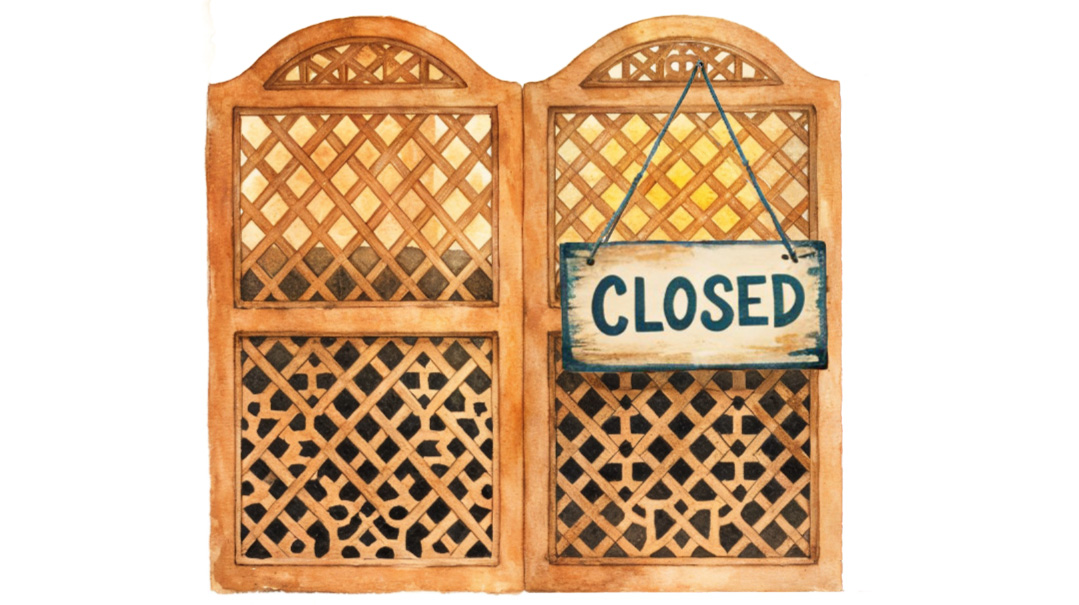Rooted

We will sit, not with parents or grandparents, but ourselves, like we do on a Tuesday evening for a lazy supper

Growing up, Pesach was always spent with my grandparents, even though we lived far away.
For all of my teenage-hood, a cousin and I would fly every Rosh Chodesh Nissan to help my grandmother prepare, with my family following later.
When we sat down together — three generations, sometimes four — there was a sense that the Seder could take us back to where it all began. On this night, our parents were children too. On this night we were all children, asking the Mah Nishtanah of the Great Tatte Leiben.
My grandfather would direct questions at participants, so you, out of the two dozen people there, felt recognized, essential. There were the songs we’d come to love. The reenactment of the matzah on our backs, the cChasal sSiddur Pesach dance outside, a lively circle of tired, happy men under the moon.
I know the primacy of grandparents at a Seder.
A few years back, we spent the Seder with my husband’s grandparents, my entire in-law’s family trooping over. My grandfather’s health was failing, but having him there, at the head, upholding minhagim, was a memory to treasure. Even now that Seder stands out, gold and crystal and solemn joy.
At some point, my grandmother started to recount her stories. V’higadeta l’vinchah, she said, this was her tale. What it was like post-war, the public schools of Europe, the gymnasiums, what she fought, how they lived, how they came out strong.
This was not her way, but maybe she had a premonition that she’d be moving to Israel soon, and that they wouldn’t be able to come back.
We laughed. We connected. My grandfather hummed a sacred tune, kneitchen and all. We were touching something. Harking back, down the family tree, to the roots, to the 70 souls….
Oops! We could not locate your form.












